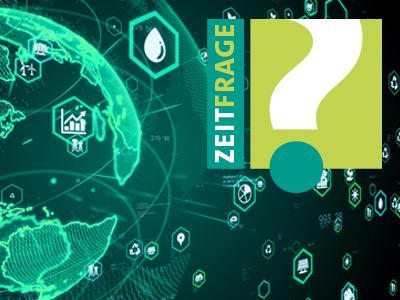A Factory in Outer Space
It’s possible to produce things in orbit that wouldn’t be possible on Earth, says Oliver Ullrich. We sat down with the biochemist and space physician to learn more about weightless cells, the UZH Space Hub, and humans as an interplanetary species.


